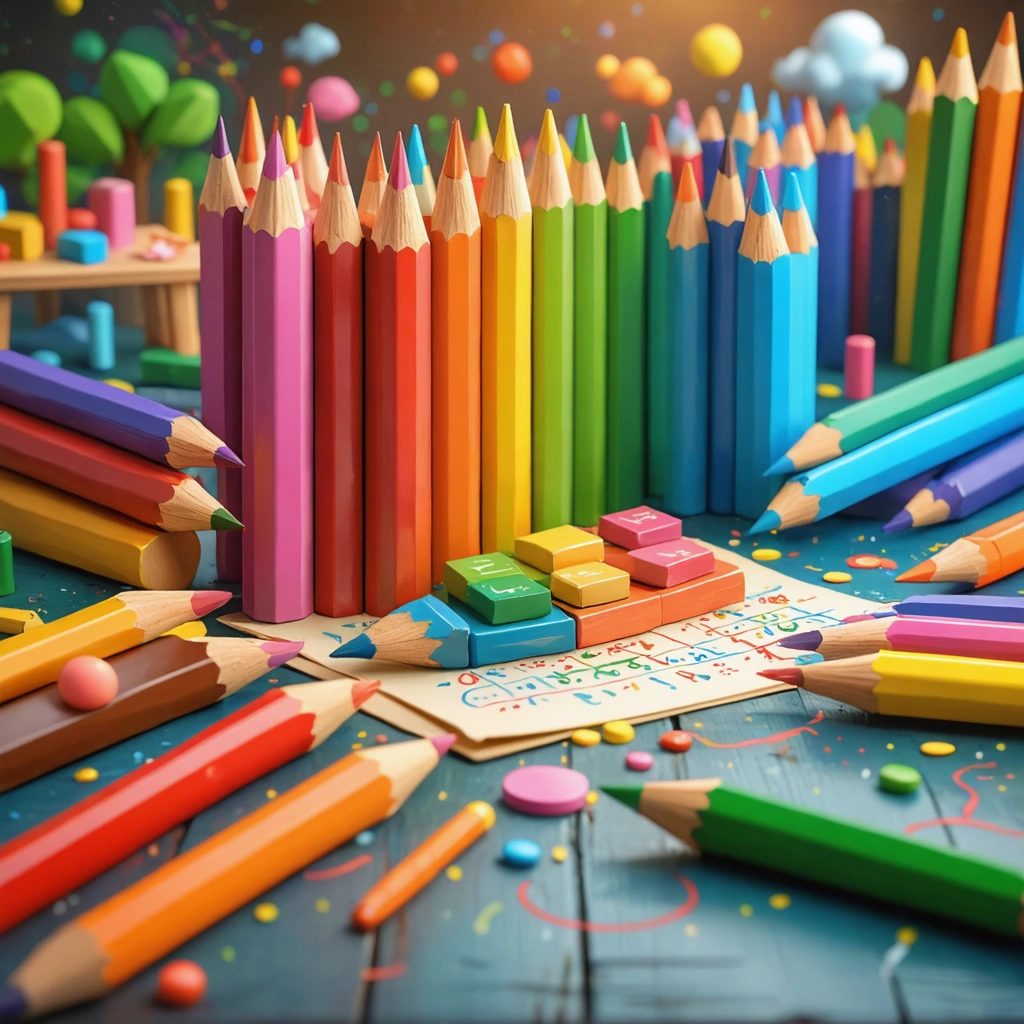
Introduction
The importance of creativity in the realm of education cannot be overstated. A recent study conducted in Australia has provided groundbreaking insight into this subject, asserting that creativity significantly contributes to academic success by enhancing students’ performance in literacy and numeracy assessments. This elucidation suggests that the cultivation and promotion of creative thinking in students can result in improved test scores in literacy and numeracy.
The Groundbreaking Study
Australian researchers conducted an extensive study analyzing the correlation between creativity and academic success in standardized literacy and numeracy tests. The results were eye-opening, revealing that students who showcased high levels of creativity outperformed their peers, scoring significantly higher in the assessments.
Research Methodology
The study involved a comprehensive assessment of the students’ creative thinking abilities through various activities and tasks that required out-of-the-box thinking. The researchers then compared these results with the students’ scores in standardized literacy and numeracy tests.
Findings of the Study
The researchers found a positive correlation between creativity and test scores. Students with higher levels of creative thinking had better test scores in literacy and numeracy compared to those with less creativity.
The Importance of Creativity in Education
These findings underscore the importance of integrating creative thinking into education. Traditional teaching methods, which often prioritize rote learning over creative problem-solving, may not be sufficient in fostering academic excellence.
Creativity Enhances Learning
Creativity plays a vital role in enhancing learning by engaging students, encouraging curiosity, and fostering a love for learning. By thinking creatively, students can develop new ways to approach problems, which can be particularly beneficial in subjects like Mathematics and English where problem-solving and critical thinking are essential.
Creativity and Future Success
Apart from boosting academic performance, creativity is also a crucial skill for future success. In an increasingly complex and rapidly changing world, creative thinking is valued across industries.
Conclusion
The study’s findings highlight the need for a shift in educational strategies. Incorporating creativity into the learning process can result in improved academic outcomes, proving that creativity is not just beneficial for artistic pursuits but is also vital for academic success.




